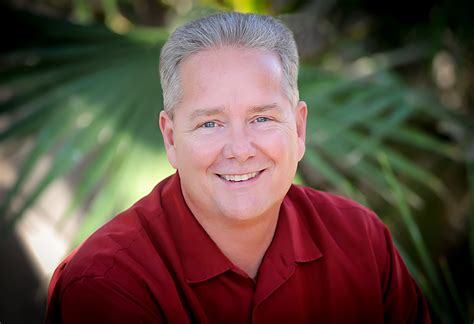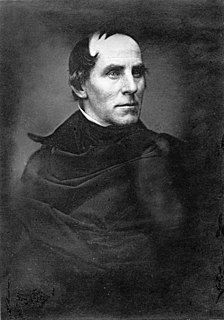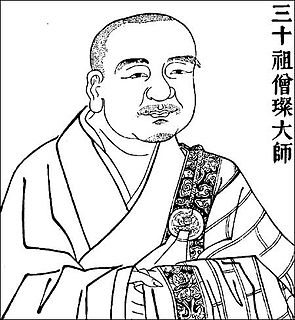A Quote by John Ruskin
High art consists neither in altering, nor in improving nature; but in seeking throughout nature for 'whatsoever things are lovely, whatsoever things are pure;' in loving these, in displaying to the utmost of the painter's power such loveliness as is in them, and directing the thoughts of others to them by winning art, or gentle emphasis.
Related Quotes
The art of governing [focusing] the passions is more useful, and more important, than many things in the search and pursuit of which we spend our days. Without this art, riches and health, and skill and knowledge, will give us little satisfaction; and whatsoever else we be, we can be neither happy, nor wise, nor good.
Nature consists of facts and of regularities, and is in itself neither moral nor immoral. It is we who impose our standards upon nature, and who in this way introduce morals into the natural world, in spite the fact that we are part of this world. We are products of nature, but nature has made us together with our power of altering the world, of foreseeing and of planning for the future, and of making far-reaching decisions for which we are morally responsible. Yet, responsibility, decisions, enter the world of nature only with us
Nothing comes to pass in nature, which can be set down to a flaw therein; for nature is always the same, and everywhere one and the same in her efficacy and power of action: that is, nature's laws and ordinances, whereby all things come to pass and change from one form to another, are everywhere and always the same; so that there should be one and the same method of understanding the nature of all things whatsoever, namely, through nature's universal laws and rules.
Nature has but one plan of operation, invariably the same in the smallest things as well as in the largest, and so often do we see the smallest masses selected for use in Nature, that even enormous ones are built up solely by fitting these together. Indeed, all Nature's efforts are devoted to uniting the smallest parts of our bodies in such a way that all things whatsoever, however diverse they may be, which coalesce in the structure of living things construct the parts by means of a sort of compendium.
I believe it is no wrong Observation, that Persons of Genius, and those who are most capable of Art, are always fond of Nature, as such are chiefly sensible, that all Art consists in the Imitation and Study of Nature. On the contrary, People of the common Level of Understanding are principally delighted with the Little Niceties and Fantastical Operations of Art, and constantly think that finest which is least Natural.
To live in the Great Way is neither easy nor difficult, but those with limited views are fearful and irresolute: the faster they hurry, the slower they go, and clinging cannot be limited: even to be attached to the idea of enlightenment is to go astray. Just let things be in their own way and there will be neither coming nor going. Obey the nature of things (your own nature), and you will walk freely and undisturbed.




































